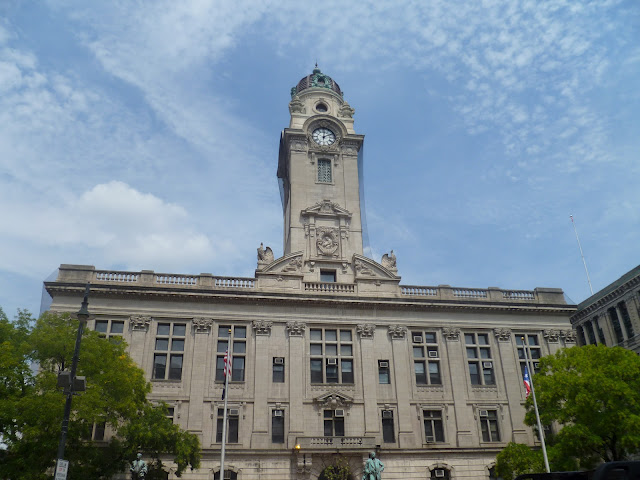In an effort to reduce street violence, a group of Patersonians presented the City Council with a resolution on Tuesday evening to declare violence as a public health crisis in order to obtain grant money to fund projects that would create more opportunities in blighted and violence prone neighborhoods.
The resolution cites a list of violent incidents that occurred since the beginning of the year to make an assertion that violence in the city is out of control, and much of it, according to the resolution, involves individuals that are “younger than 21 years old.” A point that was contested by Julio Tavarez, the 5th Ward councilman, who stated that statistics say otherwise. A large number of these incidents do involves individuals between the ages of 16 to 24.
Tavarez questioned whether declaring violence as major issues is in the best interest of the city because it could send the wrong message to people wishing to visit the city, mainly that the city is unsafe. “I want to make sure we don’t do more harm than good,” said Tavarez, who shared an experience he has had.
One day the councilman was cleaning his yard, when a bullet struck his home; he picked up the shell, and placed it in his pocket, carrying it wherever he went. The bullet did not shock or disturb him, said Tavarez, who continued to clean his yard. “I don’t think it’s normal to live through violence,” said Tavarez. The 5th Ward councilman said violence has become almost a part of life in the city, so much so that, when it strikes, after the episode is over, most folks, desensitized to it, just continue with their lives.
Ruby Cotton, the 4th Ward councilwoman, whose section of the city experiences more criminality than any other ward in the city, co-sponsored the resolution. Cotton, said, there are people in her ward that are scared to come out of their homes fearing for their safety. “Crime epidemic is a serious problem in our community,” said William McKoy, the 3rd Ward councilman. “I want to see a solution that will work.”
William Fraher, the city’s acting police chief, who attended the meeting to show his support for the resolution, said police officers arrest people, but that is only one side of the issue that is being addressed, and the other side, said the police chief, is economic opportunity and social support, that is vitally lacking, to ensure that individuals do not turn to crime.
Jerry Fletcher, an outreach specialist for Ceasefire, whose president Rick Prince addressed the council about the resolution, said this resolution will allow various organizations in the city to obtain funding from the Centers for Disease Control and Prevention, a federal agency that is concerned with public health, and State entities – and these funds can be used to create opportunities in neighborhoods that most need them.
“This resolution is a pre-requisite to obtaining funds from CDC and the State,” said Fletcher.
